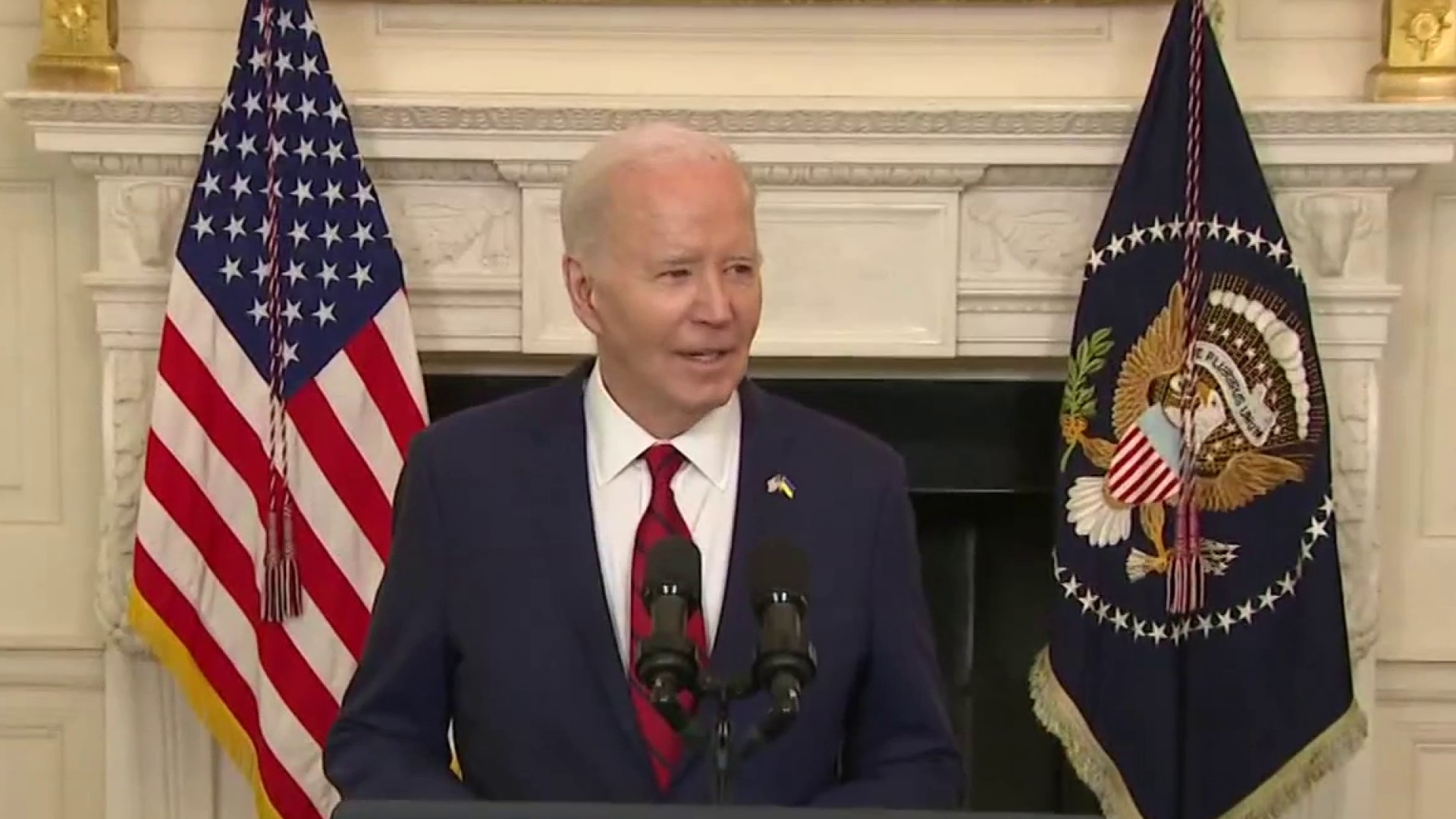Protest signs that were carried at women's marches around the world are now being saved as cultural treasures by museums, libraries and colleges.
More than a million people rallied at dozens of demonstrations Saturday to protest President Donald Trump a day after his inauguration and to support women's rights. Many hoisted homemade signs bearing slogans and images that were defiant, hopeful and often bitingly cheeky.
But as the crowds cleared away and left behind scores of signs to be thrown away, some museum curators and archivists scrambled to salvage them.
In the nation's capital, the National Museum of American History dispatched its staff to the National Mall to collect what was left behind after a march that drew an estimated 500,000. In a statement, the museum noted that it also gathered items from Trump's inauguration for its collection on political history.
In Boston, a group of Northeastern University professors quickly gathered more than 1,000 signs that were left on fences and sidewalks at Boston Common by an estimated crowd of 175,000. They're now planning a public display and hope to preserve some of the signs in a school archive.
"It was kind of a striking public installation, created by the public,'' said Dietmar Offenhuber, an assistant professor of art and design. "It represented the broad variety of different voices that were there.''
Other museums and libraries took to social media, asking protesters to donate their signs, buttons and the knitted pink hats worn by many at the marches.
Local
Washington, D.C., Maryland and Virginia local news, events and information
Among those seeking keepsakes are London's Bishopsgate Institute, Canada's Royal Alberta Museum, the National Underground Railroad Freedom Center in Cincinnati, and the Worcester Art Museum in Massachusetts.
On social media, their efforts have drawn mixed reactions. Some said the signs are inspiring and mark a momentous event. Others said they have no place in a museum. Some asked if curators would also accept signs from pro-life marches planned on Jan. 27. Several museums said they would.
The Newberry Library in Chicago is accepting posters and photos from women's marches, but that's just the beginning. The independent library also plans to gather handbills and posters from Black Lives Matter rallies and other events across the political spectrum.
"It's important because a lot of what we're getting is homemade. It's people's own expressions of their feelings,'' said Martha Briggs, curator of modern manuscripts at the Newberry. "You don't necessarily get that 20 years later, you get the records of the organization.''
Some of the museums collecting items described the women's march as a historic event. But there's debate about whether it will land in the history books. Although some cities said their local marches drew record numbers of demonstrators, Briggs, of the Newberry, said it's too soon to know the event's impact.
"At the moment we're not really in a point where we can judge it,'' she said. "We'll leave that for future generations when they look over this stuff.''
Still, she and others are hedging their bets. Margery Sly, director of the Special Collections Research Center at Temple University's library, looks back at women's suffrage marches in the early 1900s and regrets that few of the protesters' signs survived.
On Saturday, Sly was at Philadelphia's march gathering dozens of signs so later generations won't have the same regret.
"Archivists are sort of in the futures business,'' Sly said. "We have to predict what might become historically valuable and make sure we document those things.''



